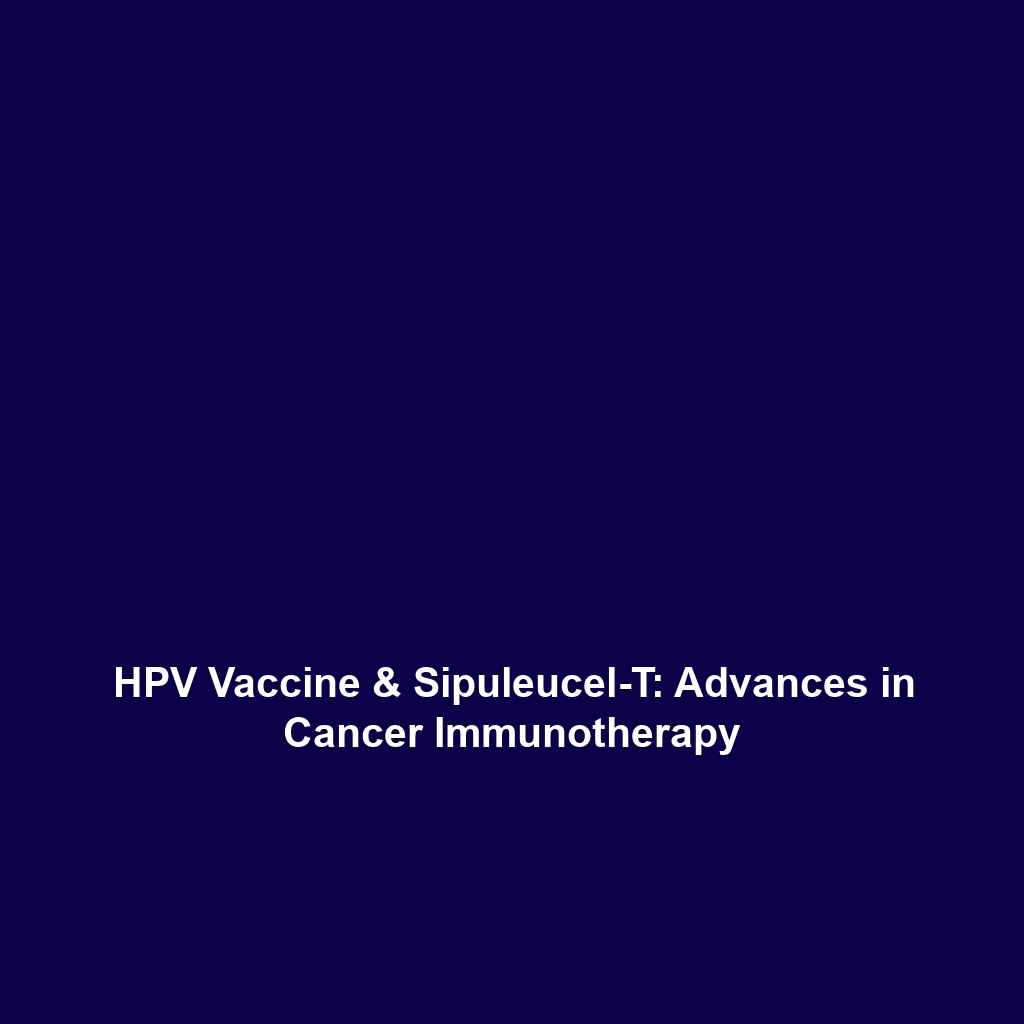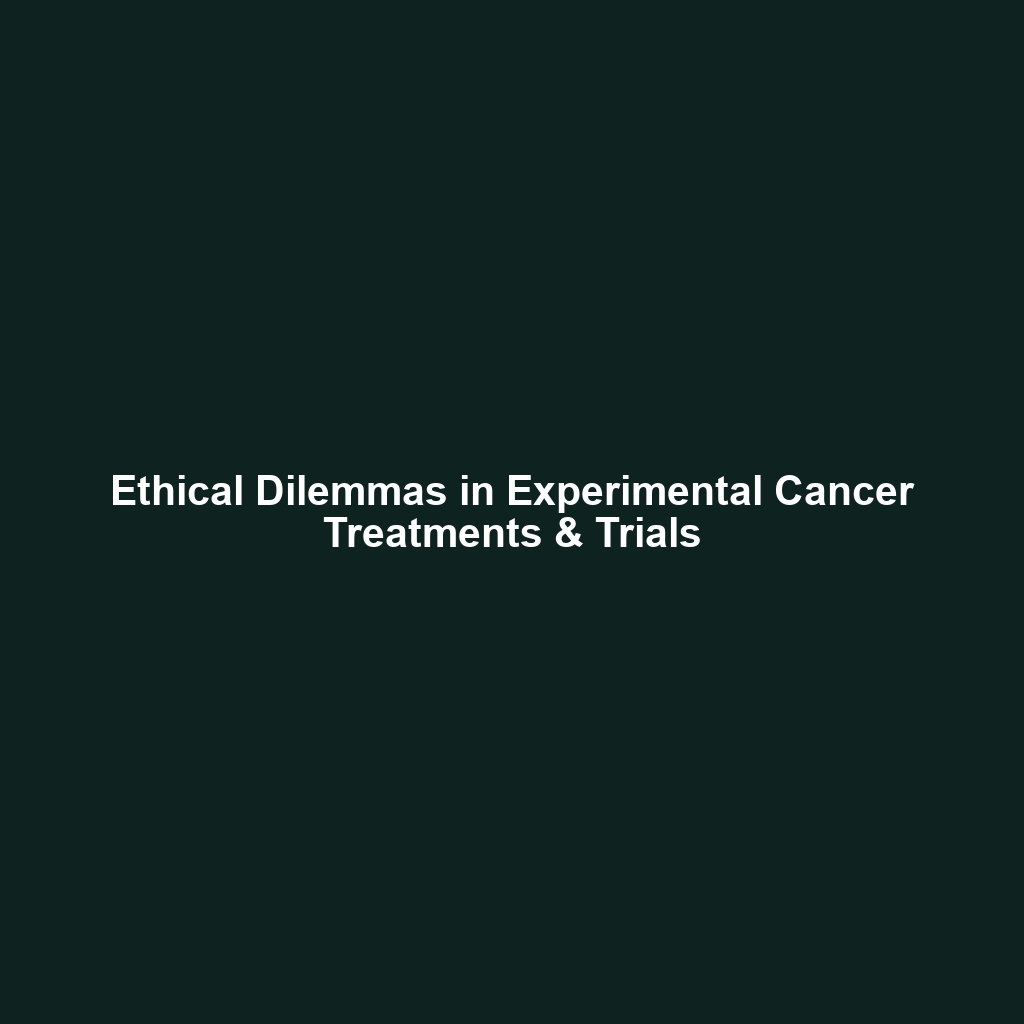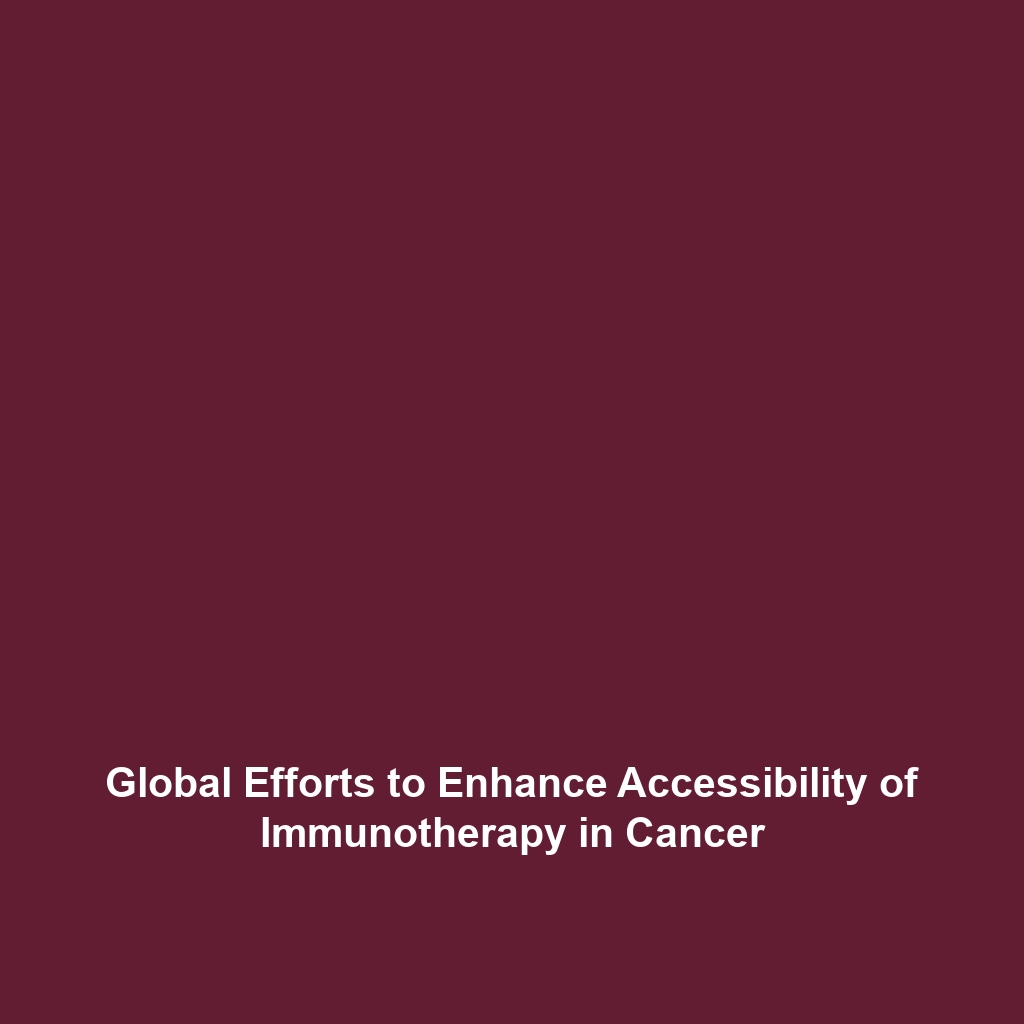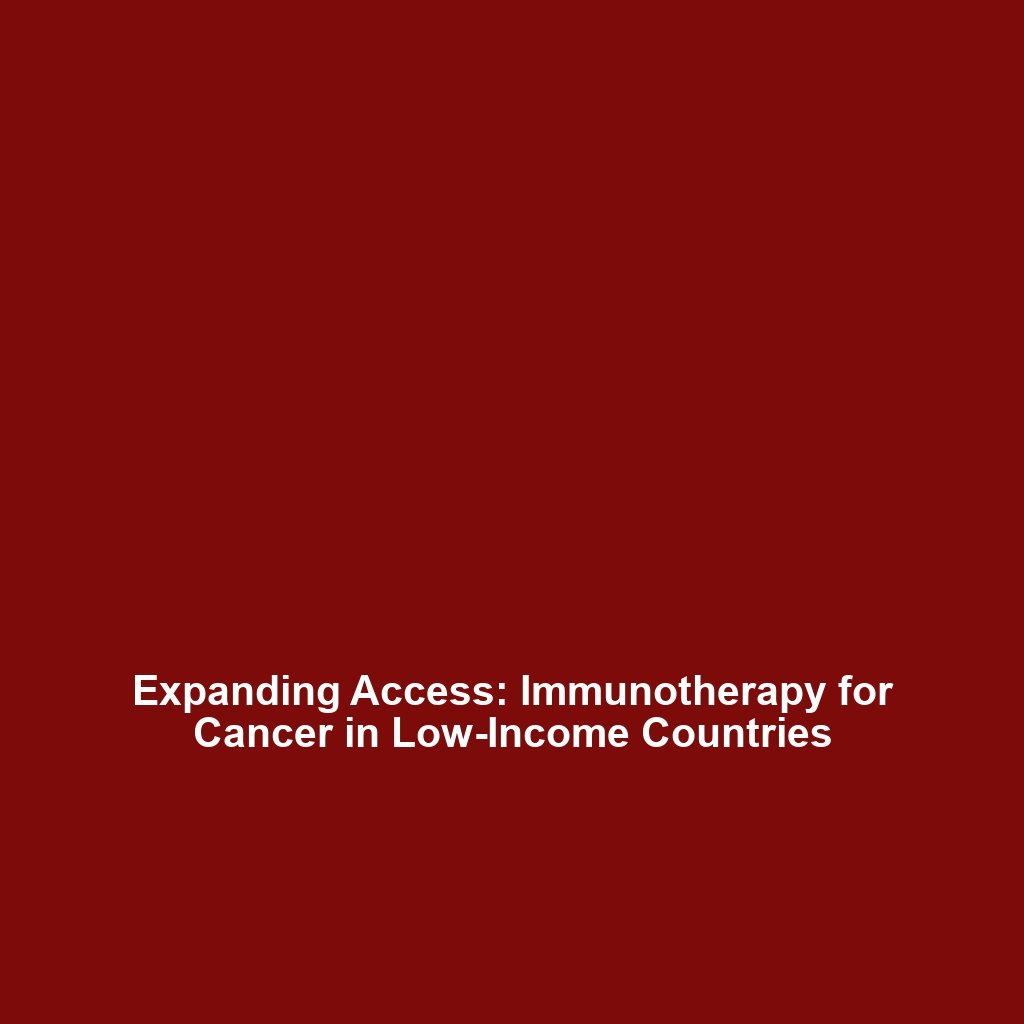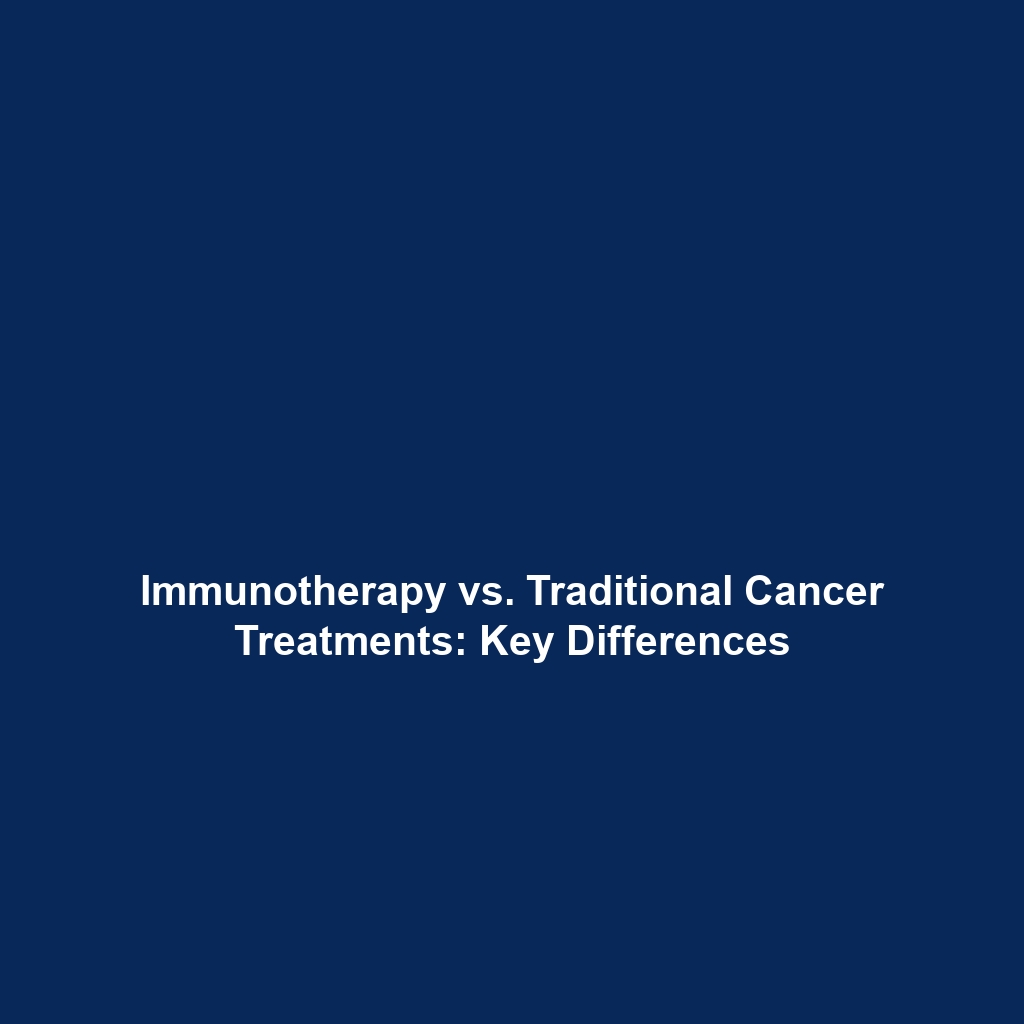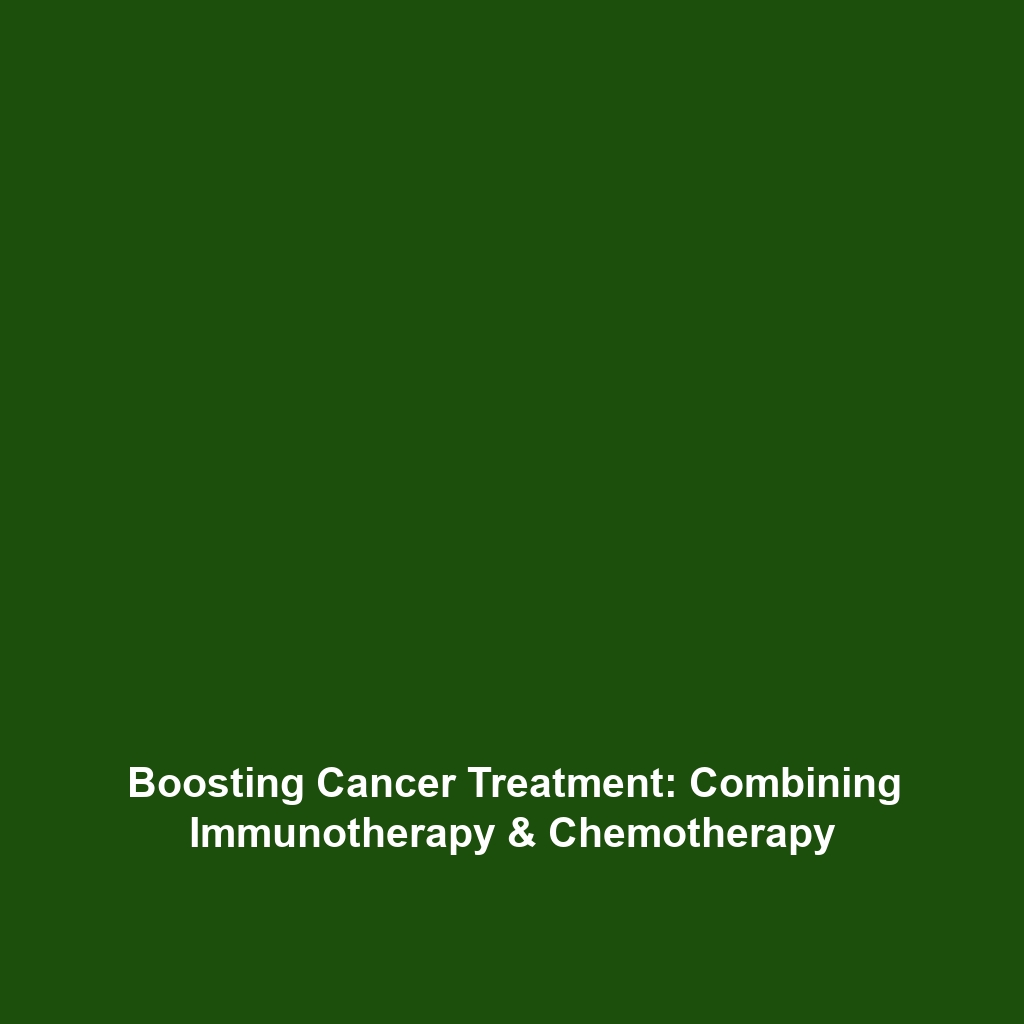Immunotherapy & Cancer: Exploring HPV Vaccine for Cervical Cancer and Sipuleucel-T for Prostate Cancer
Introduction
The integration of immunotherapy in the treatment of cancer has revolutionized patient care, particularly with innovations such as the HPV vaccine for cervical cancer prevention and Sipuleucel-T (Provenge) for prostate cancer. These therapies not only enhance the body’s immune response against specific cancer cells but also represent significant advances in preventative care and active treatment methods in the realm of immunotherapy and cancer. By preventing virus-related cancers and harnessing the immune system to combat existing ones, they illustrate the promising future of oncology.
Key Concepts
HPV Vaccine for Cervical Cancer Prevention
The HPV vaccine is designed to protect against the human papillomavirus, which is a significant risk factor for cervical cancer. It works by training the immune system to recognize and fight off HPV infections before they can lead to cancerous developments.
Sipuleucel-T (Provenge) for Prostate Cancer
Sipuleucel-T, marketed as Provenge, is an autologous cellular immunotherapy that targets prostate cancer. This treatment involves the extraction of a patient’s immune cells, which are then activated and reintroduced to stimulate a stronger immune response against prostate cancer cells.
Applications and Real-World Uses
Both the HPV vaccine and Sipuleucel-T have practical applications in clinical settings:
- HPV Vaccine: Administered to pre-teens and adolescents to prevent cervical cancer and its associated lesions.
- Sipuleucel-T: Approved for the treatment of advanced prostate cancer, offering significant improvements in survival outcomes for eligible patients.
These examples highlight how the HPV vaccine and Sipuleucel-T are used in immunotherapy and cancer management, paving the way for broader acceptance and integration of immunotherapeutic agents in oncology.
Current Challenges
Despite their successes, there are several challenges associated with the HPV vaccine and Sipuleucel-T:
- Challenges of HPV Vaccine: The uptake rates vary significantly across different demographics, influenced by cultural factors and misinformation.
- Issues in Sipuleucel-T: Its high cost and the need for personalized treatment processes can limit accessibility for many patients.
Future Research and Innovations
Looking ahead, ongoing research is expected to drive innovations in both prevention and treatment strategies:
- Development of next-generation vaccines that could address multiple strains of HPV more effectively.
- Research into combination therapies using Sipuleucel-T with other immunotherapeutic drugs to enhance efficacy against prostate cancer.
These breakthroughs represent the potential for even more effective solutions in the field of immunotherapy and cancer.
Conclusion
In summary, the HPV vaccine for cervical cancer prevention and Sipuleucel-T (Provenge) for prostate cancer exemplify the innovative directions immunotherapy is taking in cancer care. Their proven applications not only highlight the importance of vaccination and personalized treatment but also underscore the challenges that must be addressed for wider implementation. For more information on immunotherapy advancements and cancer treatment options, explore our articles on related topics.
